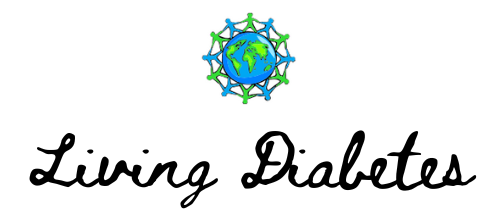Ramadan is a holy month observed by Muslims around the world. During the month of Ramadan, Muslims fast from dawn until dusk, refraining from food, drink, and other physical needs. However, people with diabetes may face challenges while fasting during Ramadan.
Ramadan and diabetes guidance:
Here are some general guidelines for people with diabetes who wish to fast during Ramadan:
-
It is important to consult with a healthcare provider before fasting to determine if it is safe to do so and to make necessary adjustments to medication and diet. [1]
-
Monitor blood glucose levels more frequently, especially before and after meals, and adjust medication and diet accordingly (as per the advice of a healthcare professional). [2]
-
Do not skip meals, especially during the pre-dawn and post-sunset meals, as this can lead to hypoglycemia (low blood sugar). [3]
-
Break the fast immediately if blood glucose levels become too low or too high. [4]
-
Stay hydrated by drinking plenty of fluids during non-fasting hours. [3]
-
Choose healthy, balanced meals that are low in sugar and fat during non-fasting hours. [3]
-
Engage in light to moderate physical activity during non-fasting hours, which can help regulate blood glucose levels. [3]
-
Be prepared for potential complications and seek medical attention immediately if necessary. [1]
Overall, it is important for people with diabetes to carefully monitor their blood glucose levels and consult with their healthcare provider before fasting during Ramadan.
References and Further Reading
- Hassanein, M., et al. (2022). Diabetes and Ramadan: Practical guidelines 2021. Diabetes Research and Clinical Practice, 185, 109185.
- International Diabetes Federation. (2021, January 11). IDF-DAR Practical Guidelines.
- Shaikh, S., et al. (2022). Diabetes Management During Ramadan. In: Endotext [Internet]. MDText.com, Inc.
- Joslin Diabetes Center. (2022, March 31). Fasting during Ramadan with Diabetes.


1 thought on “Ramadan and Diabetes: General Guidance”